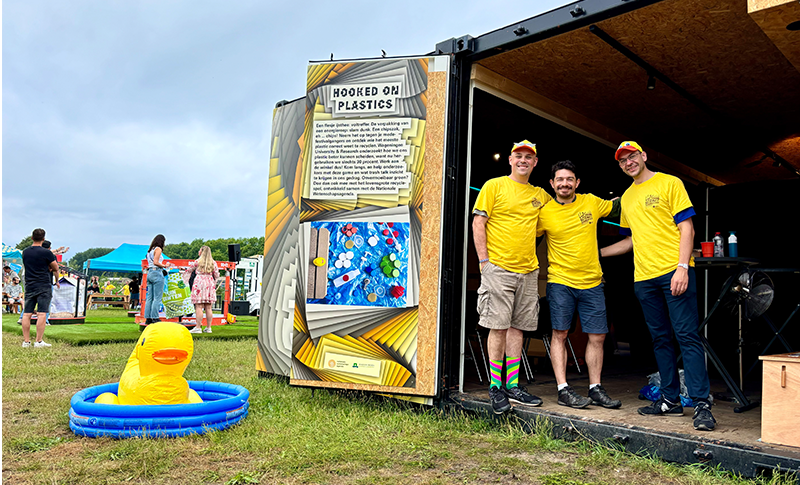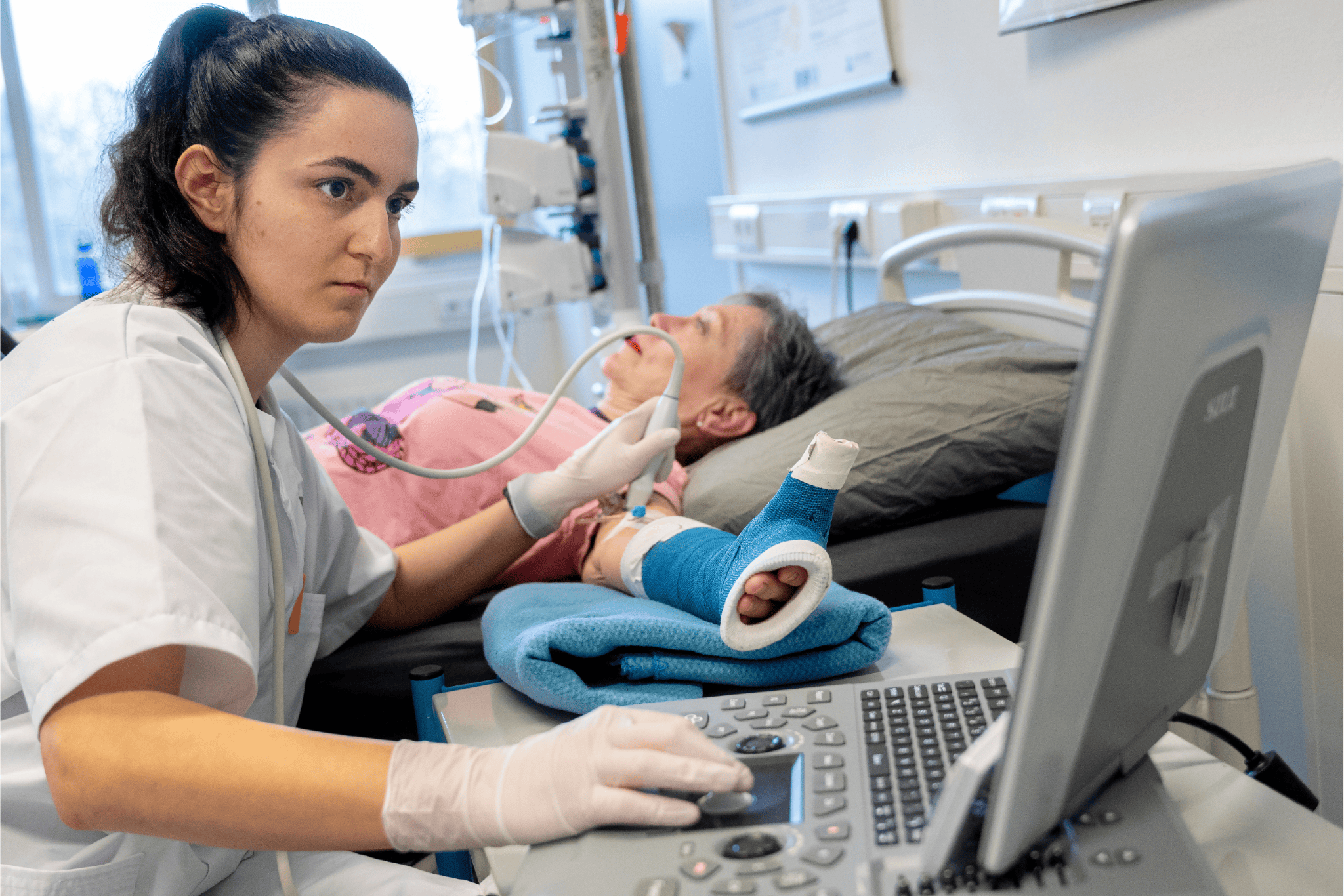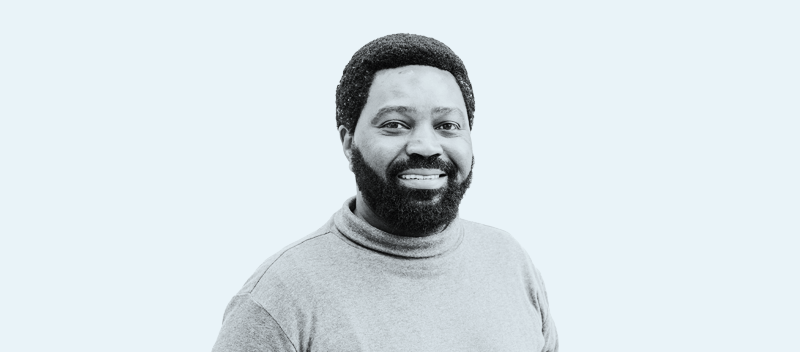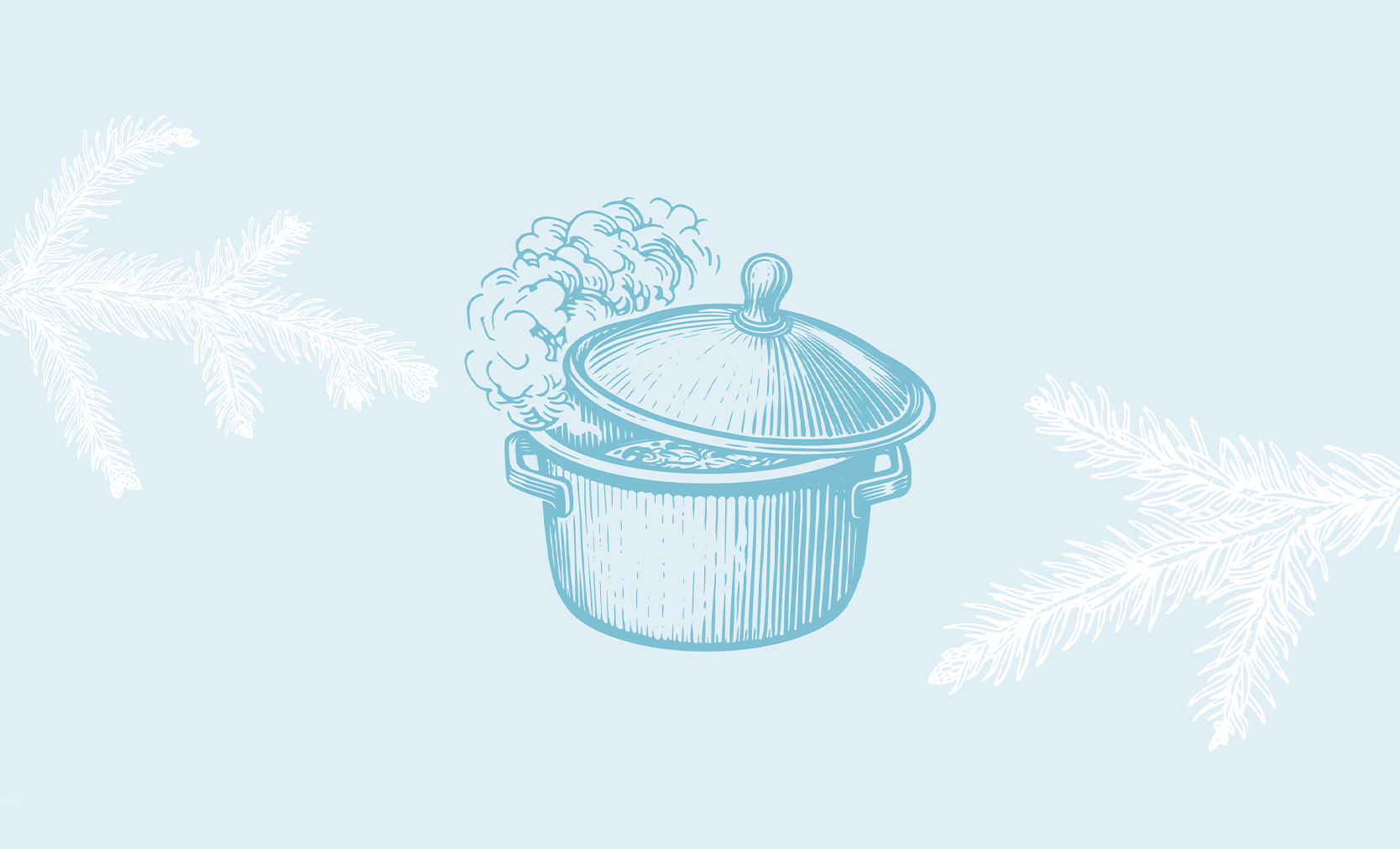Conducting serious science at Lowlands: is that possible, how does it work, why would you want to, and how do you get hold of such a prime location at the festival? Resource took a peek and talked to the Wageningen researchers who have sampled the festival vibe in the name of science.
Bleep, ding, kggg, toodoodoo, bleep, ding. There’s a cacophonous recycling game underway not far from the large Alfa main stage at Lowlands pop festival. Players have to use XXL objects at ever higher speeds to make packages suitable for recycling – with sound effects. It’s a hit: half the folk at Lowlands are keen to test their reaction speeds. And it’s busy next-door too, in the locale of the Wageningen project Hooked on Plastics. PhD researcher Rick Fransman is doing research there, as part of a larger Dutch Research Council project (Munition). He wants to know how well festival-goers separate plastics, and what they know and think about it. Near his ‘Lowlands lab’ are another 12 converted shipping containers where festival-goers can do things ranging from line dancing to watching porn* – all in the name of science. Welcome to Lowlands Science.
Fringe programme
With 65,000 attendees, Lowlands is one of the biggest festivals in the Netherlands. As well as music, it offers an extensive fringe programme, which since 2015 has included Lowlands Science. Last year, Sigrid Wertheim-Heck ran her Free Lunch Free experiment (see inset); this year Fransman was there with his Hooked on Plastics. ‘A unique experience that I would recommend to any researcher,’ he says about it. Neither of the Wageningen researchers came to Lowlands Science via the customary procedure – The Dutch Research Council issues an open call for proposals every year – but were invited to submit a proposal through the National Science Agenda, due to the link between Lowlands and their research areas. This year, recycling was an important theme for the Lowlands organizers. At the festival campsites – notorious for the rubbish left behind after the weekend – sets of five different rubbish sacks were handed out, to prompt the campers to separate their waste properly. ‘My research fitted in with that very well,’ says Fransman.
Not child’s play
Research at the festival has to have entertainment value, otherwise nobody will take part. Fransman and his supervisors had to give that some thought (‘Lowlands thought our first idea was a bit dull’) but eventually came up with a successful formula: getting festival-goers to fish for numbered plastic bath ducks in an inflatable paddling pool. The numbers correspond to different pieces of garbage – an empty deodorant can or a scrunched-up piece of aluminium foil – which they then have to deposit in the correct bin: for recycling or for residual waste? A perfect round earned you a bright yellow duck cap – a great hit with the Lowlanders: Fransman got constant comments about his headgear. Only two Lowlanders won a cap that weekend. The citrus fruit net proved to be a curve ball: it’s made of plastic but because it snags on the sorting machines, it has to go into the residual waste bin.
Alcohol consumption
Like Wertheim-Heck (see inset), Fransman found the three-day festival more productive than he had dared hope. He went home with 288 complete data sets (‘I could never have collected so many so quickly in a lab setting’), hundreds of behavioural observations around waste separation, and a lot of spontaneous input about attitudes. ‘Festival-goers from Amsterdam talked about how frustrated they are that they don’t get a chance to separate their waste because the municipal council doesn’t collect it separately.’
When asked about the quality of the data, he admits laughingly that it goes downhill in the course of the day, as alcohol consumption goes up. ‘Of course, we take that into account in the analysis. But the later data are not necessarily unusable. As a researcher, I want to find out how much effort people put into recycling plastic, and how much effort they are prepared to put into it – and not just when sober. If people are sorting their rubbish at home, I’m sure they sometimes do it when under the influence too.’
‘Fantastic in every way’
With the help of comical, Monty Python-like video clips, consumption sociologist Sigrid Wertheim-Heck posed a few food-related dilemmas to Lowlanders last year. Such as: never choose for yourself what you eat again, or never eat together with other people again?
The experiment revealed that the social side of eating is more important than freedom of choice. ‘An important insight, from the policy angle too. People are quite prepared to sacrifice some freedom of choice as long as the social benefits are big enough,’ says Wertheim-Heck.
She says being involved in Lowlands was ‘fantastic in every way’. She explains: ‘You can do things there that you’re not likely to do in regular research. And Lowlanders are a group of people that you can’t always reach so easily for research purposes. Participating in Lowlands Science was a lot more productive for me that I expected beforehand: large amounts of usable data, useful insights relating to methodology; a tremendous level of engagement, and useful new contacts – after Lowlands I was able to repeat the experiment at several other events. I could never have got all that from a regular lab experiment.’
Her food-related dilemmas turned out to make more of an impression on people than expected. ‘Beforehand, I thought: we’ll play the game and we’re done, but a lot of festival-goers stayed behind afterwards to talk about it. We really set people thinking about food issues. That effect lingers much longer than the three days of the festival.’
‘I see it as one of my tasks to help update academic practice. That makes a festival like this a hugely attractive context. The festival approach proves that science is not dry, but is all about real life and can be playful enough to involve nearly everyone.’
*Line dancing took place in the context of research on learning processes by the University of Amsterdam. The ‘Pornfessions Lab’ was used for research by Erasmus University on pornographic stereotypes and their impact on sexual and social experience.




